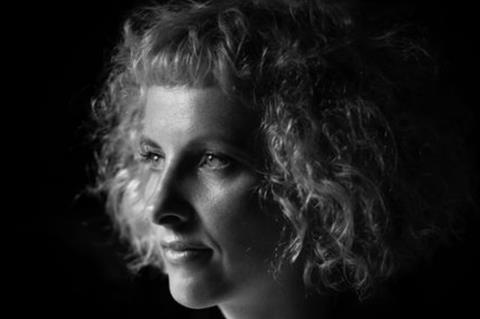
Baltic Women in Film Mentorship (BWiFM), the first mentorship programme exclusively for women spanning all areas of film and TV industries in the Baltic states, has secured backing for the next three years from Nordic Culture point in Finland.
The BWiFM is organised by Lithuanian short film agency Lithuanian Shorts together with the Women in Film & Television Lithuania association, in partnership with Vilnius International Film Festival, Riga International Film Festival, Tallinn Black Nights Film Festival, EWA European Women’s Audiovisual Network, AVAKA and Creative Europe MEDIA Desk Lithuania.
Through mentorship activities, the BWiFM aims to increase the exchange of best practice, knowledge, contacts and interest in the Baltic film culture and promote and boost gender equality across the countries.
“Getting funding from Nordic Culture point in Finland is big news because Lithuania, Estonia and Latvia are the only three countries outside Nordic territories Norway and Denmark to get funding,” says BWiFM coordinator Gabriele Vaiciunaite, one of the initiatives founders. “The backing is a big endorsement for what we are trying to do.”
Lithuanian producer Vaiciunaite attended Meeting Point Vilnius (MPV), this week for what was the last gathering for the 14-strong mentee class which runs October 23 to April 2024.
“When I started out almost 20 years ago, the industry was super male dominated and it was hard for me,” says Vaiciunaite. “We wanted to create a bridge to the industry. We take woman under 30 years old at the beginning of their careers and put with a mentor to guide them into the industry.”
The core of the mentorship programme is building an effective contact-exchange and matchmaking marketplace where women working in the Baltic audiovisual industry, are mentored by industry experts. “There are programmes which only take [wannabe] producers or directors,” notes Vaiciunaite. “We expanded our programme out to invite applications from festival programmers, foley artists, screenwriters, curators because we’re trying to create a diverse community of women in film.”
For Estonian mentee Grete Kaio, the mentorship programme has been all about growth. Aged just 20, Kaio says being part of BWiF has made her “part of gang who I could trust and who trusts me.”
Says Kaio: “I found inspiration and also friends who understand the field. And people who would always give me feedback of how to survive this crazy industry.” Kaio also forged connections with previous BWiF alumni.
One of the big draws for the 14 mentees – normally it is 15, five from the three countries but one Estonian candidate had to pull out – was a pitching workshop delivered by Swedish fiction and documentary producer Helene Granqvist and Danish scriptwriter Valeria Richter (head writer/creator of TV series Next of Kin) during MPV.
Granqvist and Vaiciunaite have known each other for years, having both been involved in the early days of the European Women in Film and Television organisation.
“As one of my colleagues from the mentorship program said, if we had teachers like Helene and Valeria in school, we, as women, could be much more confident and encouraged in our pursuits in life,” notes Latvian mentee Melānija Gulbe. “They showed us the importance of recognising the negative influences that hinder progress and taught us how to understand ourselves, our motivations, and how to effectively pursue our goals. Exactly what I personally needed, and I’m grateful for it.”
Lithuanian screenwriter / filmmaker mentee Rugilė Pranculytė says she is still in shock with the radical depths the workshop plunged them into. “I went into the BWiFM programme wishing to broaden my knowledge in filmmaking and meet possible collaborators. I got this and so much more; dozens of new friends and I feel more inspired and empowered than ever before.”
Estonian member Alesja Suzdaltseva said in two days Granqvist and Richter managed to reveal not only the practical aspects of the art of pitching but also drew out the people behind the pitches.
“They were not afraid to ask deep and sometimes very personal questions, getting to the essence of our selves. I am immensely grateful to them for this breakthrough energy, for stirring us up and taking the calm introverts out of themselves,” Suzdaltseva says.
























No comments yet